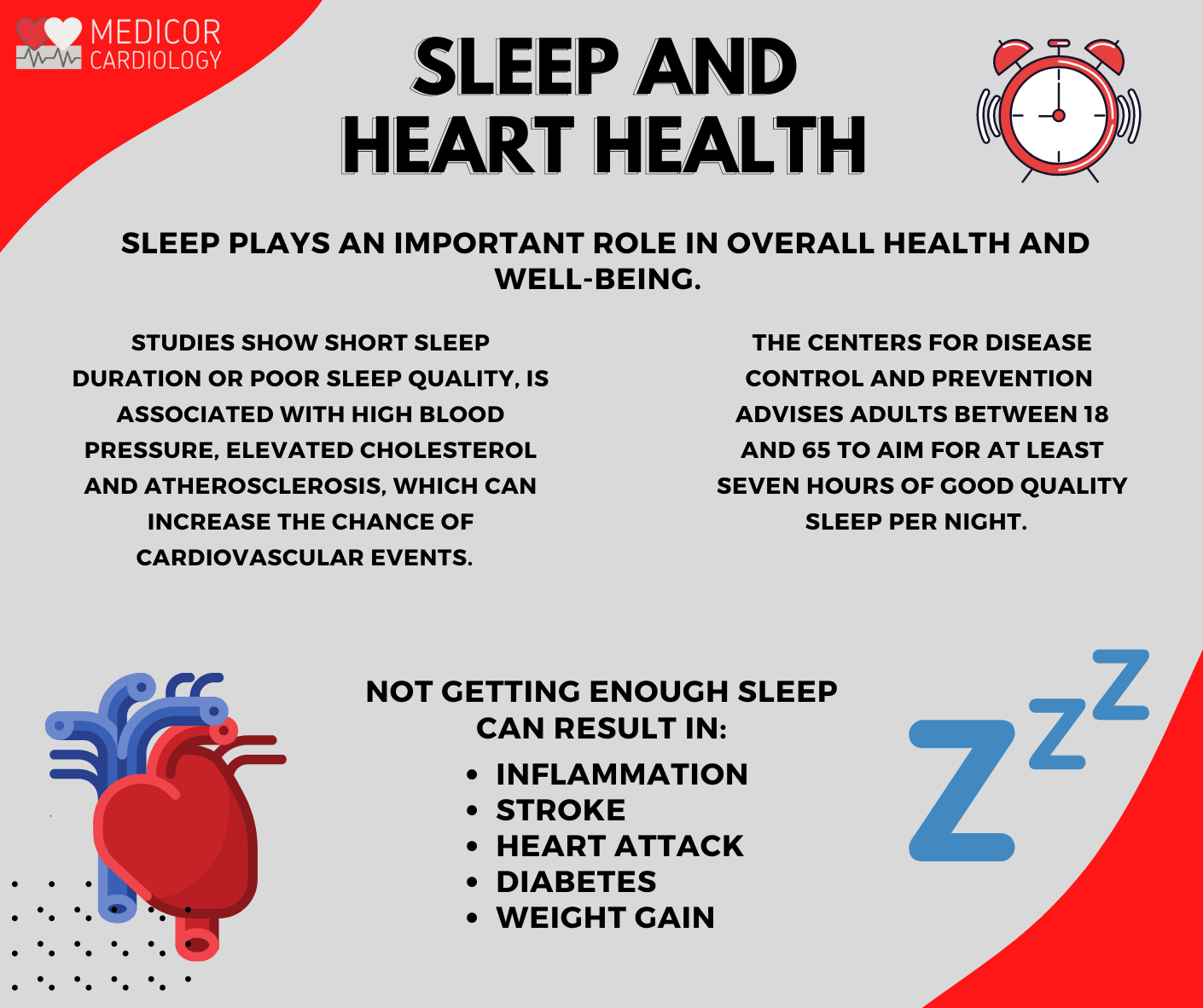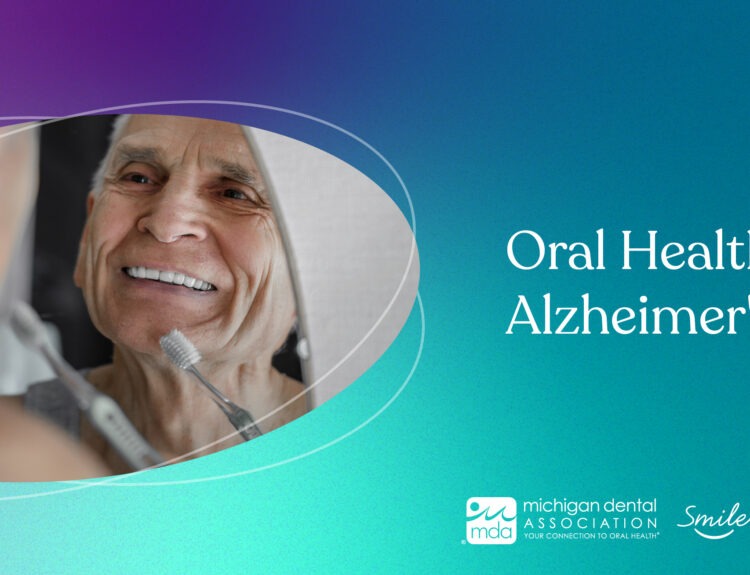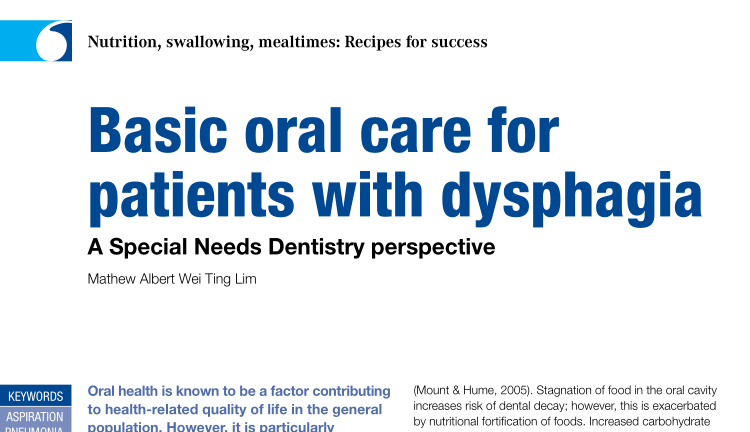Good sleep is highly essential for us but in our busy modern lives, people commonly ignore it. Many people think of it as a luxury instead of a basic need. But while we sleep, our body quietly works to keep important systems in balance; especially the heart and blood vessels. Good sleep is not just “doing nothing”. It is an active time when the body rests, repairs, and recharges, helping the heart stay strong and healthy.
Sleep provides the heart with a much-needed break from its tireless labor. Throughout our waking hours, the heart diligently pumps blood and delivers oxygen and nutrients to every corner of our body. To accomplish this task, heart constantly adjusts its rate and force in response to physical activity, emotional states, and environmental signals. It offers a period of relative calm. Heart rate and blood pressure naturally dip during the deeper stages of sleep, reducing the workload on the cardiac muscle and its blood vessels. This nighttime dip, known as nocturnal dipping, is not just a passive slowing down; it’s an active bodily process which the autonomic nervous system regulates.
The autonomic nervous system regulates involuntary processes including heart rate, blood pressure, respiration, digestion, and sexual arousal. The reduction in cardiac demand allows the heart muscle to recover and repair, much like any other hardworking muscle in the body. Chronic sleep deprivation disrupts this essential dipping pattern, keeping heart rate and blood pressure elevated even during the night. It effectively forces the heart to work harder for longer periods, increasing the risk of hypertension and other cardiovascular complications.
Sleep also plays a vital role in regulating key physiological processes that directly affect heart health. One such process is the management of inflammation. Chronic inflammation contributes to the development and progression of the buildup of plaque in the arteries. It is known as atherosclerosis. During sleep, the body actively works to regulate inflammatory channels. Sufficient sleep allows for the release of anti-inflammatory proteins – cytokines. The Cytokines help control inflammation in your body. They allow your immune system to mount a defense if germs or other substances that can make you sick enter your body. On the other hand, inadequate sleep disrupts this delicate balance, leading to elevated levels of inflammatory molecules circulating in the bloodstream, thereby increasing the risk of plaque formation in the blood vessels.
Sleep profoundly influences metabolic health as well, which is intimately linked to cardiovascular health. Sleep deprivation disrupts sugar digestion and insulin sensitivity, increasing the risk of insulin resistance and type 2 diabetes. They both are major risk factors for heart disease. Hormones that regulate appetite are also thrown off balance by insufficient sleep, potentially leading to increased food intake, weight gain, and obesity, further straining the cardiovascular system. The complex changes in hormones that happen during sleep are important for keeping your body metabolism balanced. It also protects the heart from complications caused by an unhealthy metabolism.
The notion of “sleeping your way to a healthier heart” is not merely a comforting proverb; it is based on fundamental physiological principles. Prioritizing sufficient quality sleep, you actively invest in the long-term health and resilience of your cardiovascular system.






